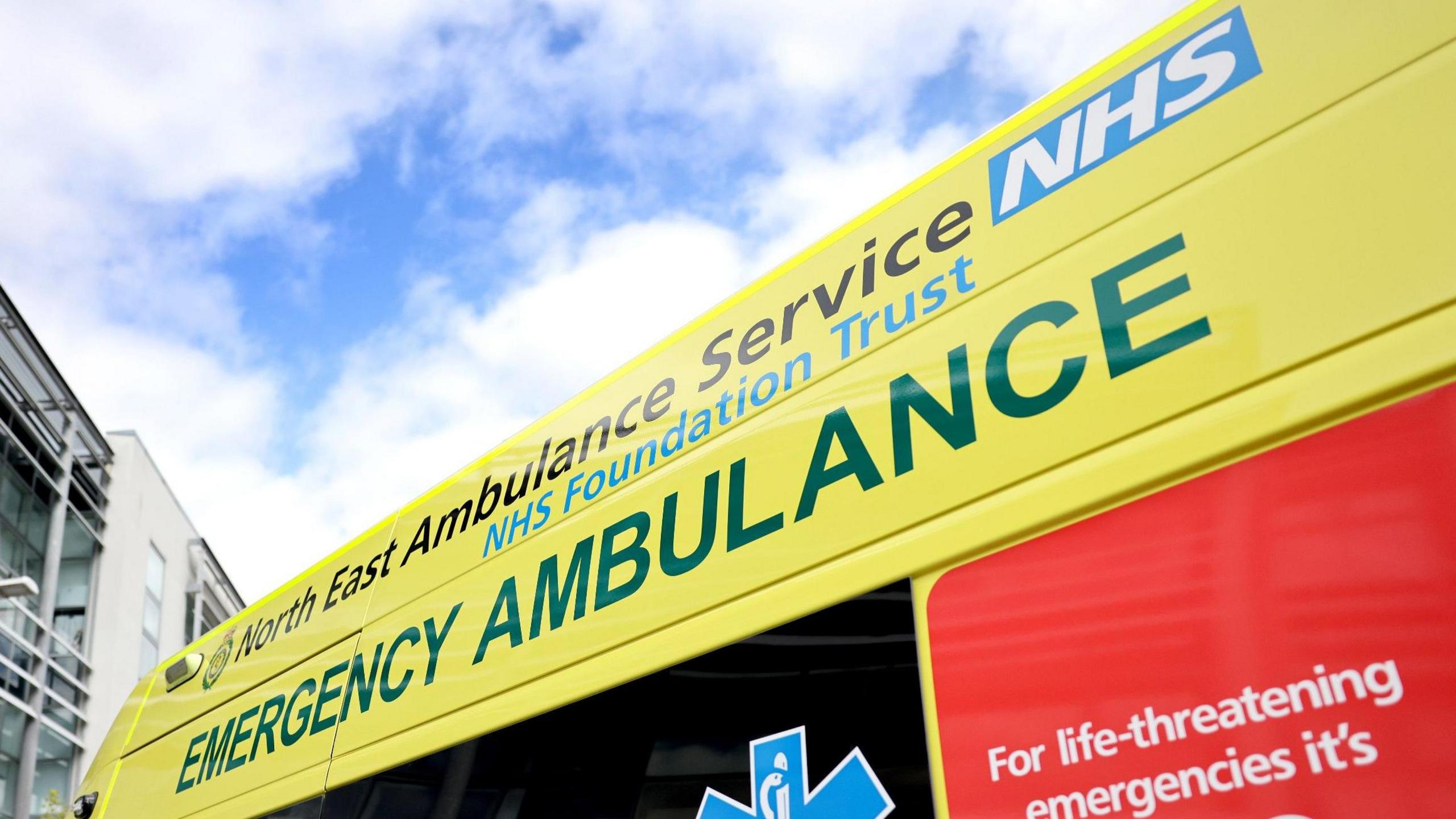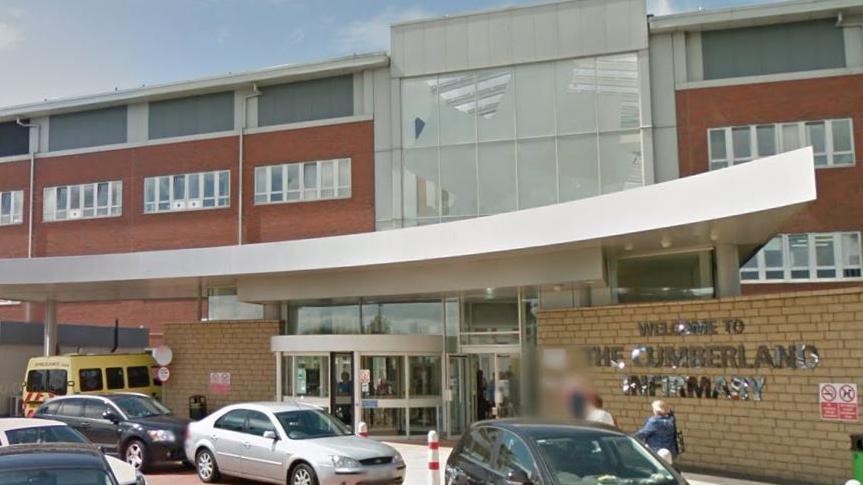Ambulance service criticised after woman's death

Sophie Wilson died in July 2023
- Published
A coroner has raised concerns about how an ambulance service responds to vulnerable people, following the death of a 26-year-old woman.
Sophie Wilson died at her home in Bishop Auckland on 2 July 2023 following a drug overdose, and less than 21 hours after refusing help from the North East Ambulance Service (NEAS).
Writing in a Prevention of Future Deaths Report, Durham and Darlington coroner Janine Richards said despite Ms Wilson rejecting help, the team should have escalated the issue as she was on a list of frequent emergency service users.
NEAS chief operating officer Stephen Segasby said the service was "deeply sorry" to Ms Wilson's family for their loss and the case had been "fully investigated" to "ensure we can prevent anything similar happening again".
On 1 July, an ambulance was called to Ms Wilson's home after she had told her crisis team she had experienced an overdose.
However, when it arrived she refused help and the team went away.
Mr Segasby said a paramedic was on scene for 49 minutes and the ambulance crew "for longer", but Ms Wilson would not let them into her home while they were there.
'Technology limits'
The coroner also said the team made no assessment of Ms Wilson's capacity to decline "potentially life-saving treatment", and it did not escalate the issue to the police, who could force entry into her home or make a formal escalation to mental health services.
Ms Wilson was also on a "familiar faces" database, which detailed how best to engage and help the 26 year old and was accessible to various emergency services, Ms Richards added.
However, the ambulance team did not realise she was on the system and so missed "crucially important" information.
The coroner said she had been told by the NEAS this was because there was a limit to how much information could be conveyed directly via the software used by the team.
Instead, the team would receive an alert which told it to reach out to the control room for any additional data on a patient, she added.
"The limits of the technology require the ambulance crew or paramedic to spot the flag," said Ms Richards.
"I am concerned that in an emergency situation and when services are under such pressure that crucial information… is not easily accessible to those attempting to offer assistance to some of the most vulnerable people in society."
The ambulance service has until 27 September to respond to the coroner's letter, to detail what action it will be taking to address the issues.
Mr Segasby said its investigation had shown there were areas where "more could have been done".
"The staff involved have learned from this experience and this has also been shared with their colleagues across the service," he added.
"Since this tragic case, we have worked with both mental health trusts in our area in an effort to embed the principals of the Right Care Right Person initiative."
If you've been affected by issues in this article there is help and support at BBC Action Line
Follow BBC North East on X (formerly Twitter), external, Facebook, external and Instagram, external. Send your story ideas to northeastandcumbria@bbc.co.uk.
Related topics
More stories from BBC North East and Cumbria
- Published16 May 2024
